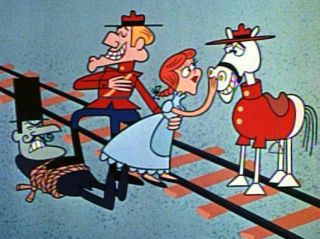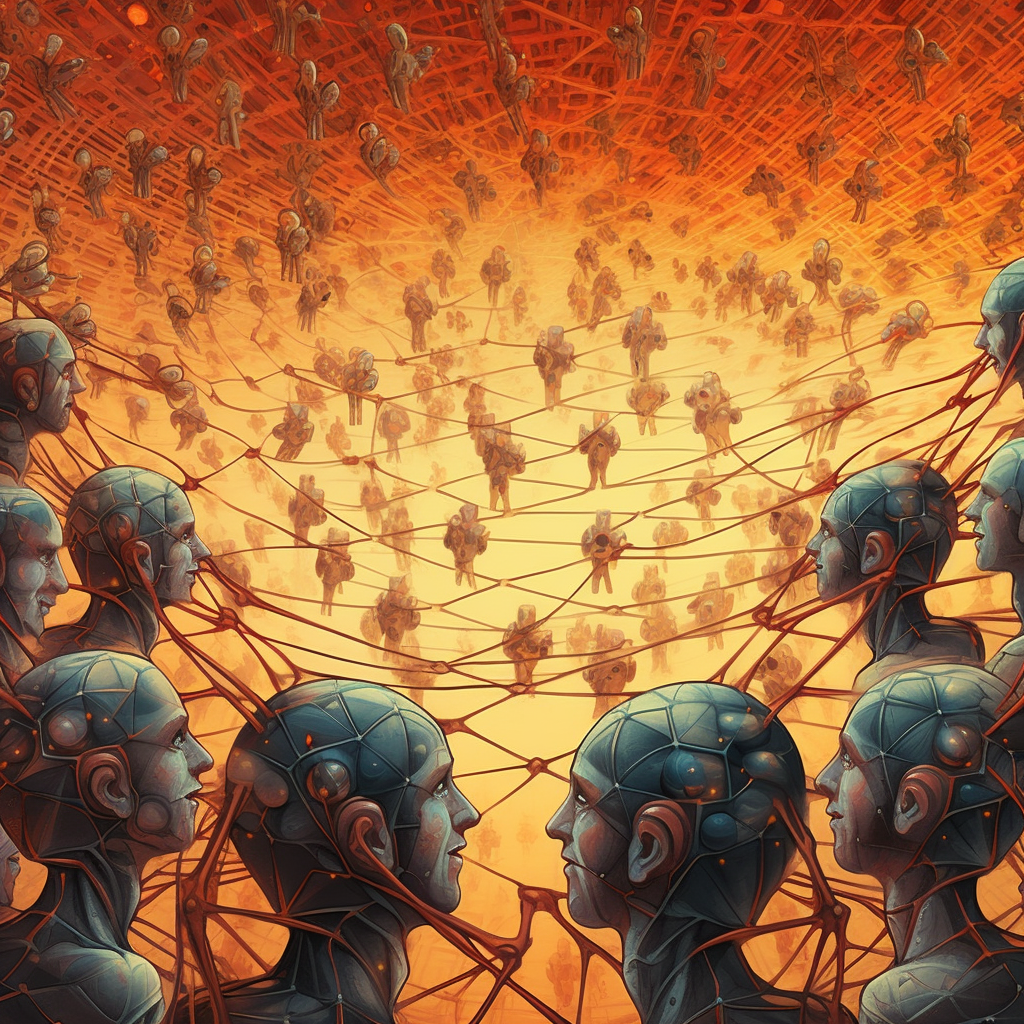Politics and Social Status
People’s politics are partly driven by a desire for status.
People tend to express political views that will win the approval of their peers. They tend to remain silent if they hold opinions that would be criticized by their peers.
These belief systems become self-reinforcing in each subgroup of society. Churchgoers tend to adopt the beliefs of their congregation. Hollywood actors tend to adopt the beliefs of Hollywood. Police tend to share political views with other police. And so on.




